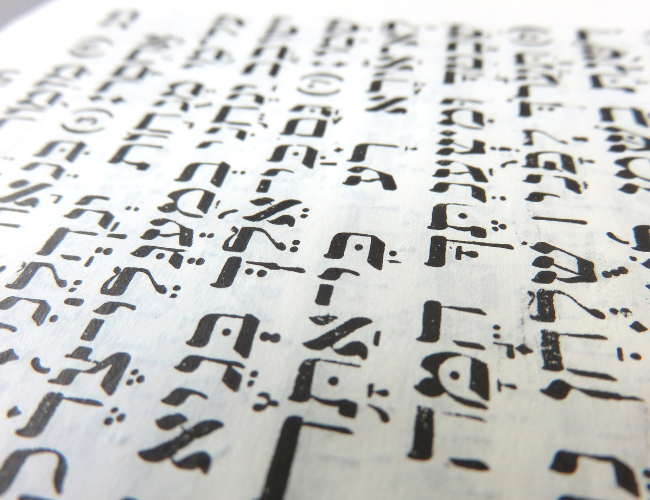Arvit, also known as Maariv (מעריב), is the Jewish evening service bridges day and night.
*Fun Fact- Arvit Prayer is also Arabic as in Arabic language in Hebrew
Historical Background of Arvit Prayer
The origins of Arvit prayer trace back to ancient times. Initially, it wasn’t considered obligatory like the morning (Shacharit) and afternoon (Mincha) prayers. However, as Jewish practice evolved, Arvit became an integral obligotry part of daily Jewish worship.

Structure of Arvit Prayer
- Opening blessings: Setting the tone for prayer
- Shema and its blessings: Affirming faith and God’s unity
- Amidah (Standing Prayer): The central component of silent devotion
- Concluding prayers: Wrapping up the service with additional praises and requests
Part of The Shema Part Of Arvit
בָּרוּךְ אַתָּה ה’. אֱלהֵינוּ מֶלֶךְ הָעולָם. אֲשֶׁר בִּדְבָרו מַעֲרִיב עֲרָבִים. בְּחָכְמָה פּותֵחַ שְׁעָרִים. וּבִתְבוּנָה מְשַׁנֶּה עִתִּים וּמַחֲלִיף אֶת הַזְּמַנִּים. וּמְסַדֵּר אֶת הַכּוכָבִים בְּמִשְׁמְרותֵיהֶם בָּרָקִיעַ כִּרְצונו. בּורֵא יום וָלָיְלָה. גּולֵל אור מִפְּנֵי חשֶׁךְ וְחשֶׁךְ מִפְּנֵי אור. וּמַעֲבִיר יום וּמֵבִיא לָיְלָה. וּמַבְדִּיל בֵּין יום וּבֵין לָיְלָה. ה’ צְבָאות שְׁמו:
אֵל חַי וְקַיָּם תָּמִיד יִמְלוךְ עָלֵינוּ לְעולָם וָעֶד:
בָּרוּךְ אַתָּה ה’. הַמַּעֲרִיב עֲרָבִים:
Key Hebrew Phrases and Their Meanings
Understanding key Hebrew phrases enhances the prayer experience:
- “Barchu” (ברכו): The call to prayer, inviting the congregation to bless God
- “Shema Yisrael” (שמע ישראל): The central declaration of faith, proclaiming God’s oneness
When Do You Pray Arvit?
Arvit time window starts 15 minutes after sunset and up until midnight, marking the transition from day to night. However it is possible to pray Arvit up till dawn rises.
Variations of Arvit Prayer
The Arvit service varies between weekdays and Shabbat, with additional prayers and psalms incorporated on the holy day. Sephardic and Ashkenazic traditions may also have slight differences in their approach to Arvit, reflecting the rich diversity within Jewish practice.
Conclusion
Arvit is considered the last of the three daily prayer services, following Shacharit (morning) and Mincha (afternoon). Unlike the other two services, Arvit offers more flexibility in timing and doesn’t require a minyan (Minimum of 10 people) for communal recitation. The prayer’s structure includes opening blessings, the central Shema declaration, and additional prayers for divine protection during the night.
